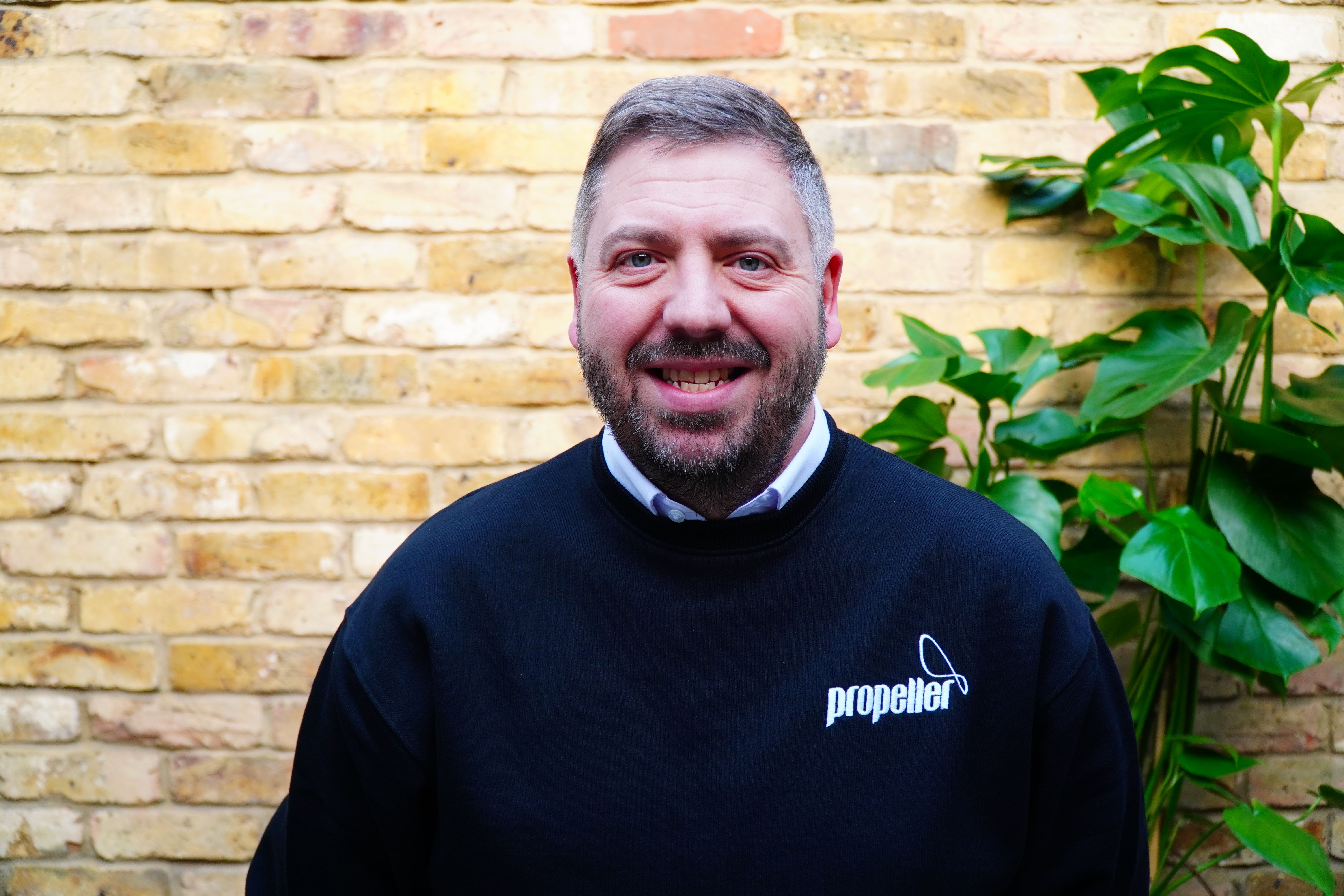While domain authority measures the strength of an entire domain, page authority looks at the strength of an individual page. Put simply, to build on your domain authority, you should ensure that each page on your website is also adhering to the best SEO practices.
It is worth noting that if you are looking at page authority ranking, this is scored on a logarithmic scale. This means it is easier to increase your score from 1 to 10, but a lot more difficult to raise it from 70 to 80.
Importantly, page authority ranking does not consider specific on-page elements like keyword use or content optimization. Instead it looks more to the following:
IMPROVE ITS LINK PROFILE
If a website posts a link to one of your blog posts in an article, this can bring increased visitors to your site.
You can increase the opportunity to make this happen by guest blogging for relevant websites and working with websites you already have a connection with. External links from high-quality sites are considered a strong indicator of quality, boosting your page authority.
CREATE ORIGINAL CONTENT
You need to create high-quality content that is relevant to your brand, and you need to post new content on a regular basis. The better your content ends up being, the more likely it is to be shared, commented or liked by readers – and the more likely other sites are to link to said page as well as gain returning visitors to your site the next time you post.
SPREAD THE LINK JUICE
No, this was not a typo. Link juice refers to link equity across your website. By using strategic internal links, you can help distribute authority across your site by linking pages with higher ranking authority with lower ones.
USE IMAGES
Using images, especially ones that are original, will make your page more shareable, people are more likely to share visual content over purely written content. Additionally, when posting content links on social media, accompanying images make the post stand out more.
Images also improve SEO: Using ALT text to describe what your image is for Google will improve a page’s ability to generate more traffic to the site.





